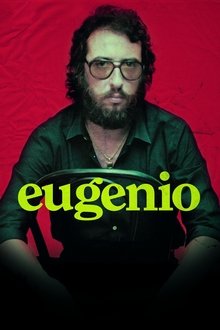With four strikes against her (black, female, poor and a lesbian), our trailblazer, Jewel Thais-Williams, helped changed laws, save lives and influence communities across Los Angeles, California as she opened her legendary nightclub's door for 42 years.
Related Movies
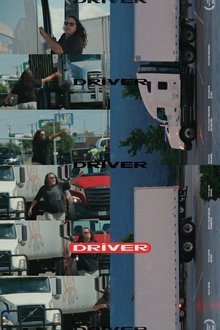
DRIVER (2024)
DRIVER is a soulful exploration of resolute female long-haul truck drivers pursuing validation for their hard-earned work as they navigate the oppressive forces in their industry. Employing an intimate lens, Nesa Azimi’s first feature brings the audience into a community of solidarity and self-determination.
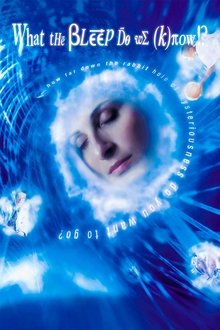
What the #$*! Do We (K)now!? (2004)
Amanda is a divorced woman who makes a living as a photographer. During the Fall of the year Amanda begins to see the world in new and different ways when she begins to question her role in life, her relationships with her career and men and what it all means. As the layers to her everyday experiences fall away insertions in the story with scientists, and philosophers and religious leaders impart information directly to an off-screen interviewer about academic issues, and Amanda begins to understand the basis to the quantum world beneath. During her epiphany as she considers the Great Questions raised by the host of inserted thinkers, she slowly comprehends the various inspirations and begins to see the world in a new way.
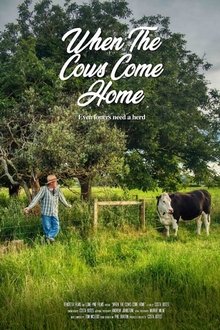
When the Cows Come Home (2022)
When the Cows Come Home introduces audiences to Tilly and Maggie, a pair of cows that musician, journalist, artist and cow whisperer, Andrew Johnstone has befriended and subsequently saved from slaughter. The garrulous herdsman is enthusiastic to expound his views on animal husbandry, bovine communication and the vagaries of life in general, before the film walks us back through the events that have shaped the singular farmer-philosopher. From personal family tragedy to warring with Catholic school authorities, innovating in Hamilton’s nascent music scene to creating guerrilla art installations; Johnstone’s life has had a truly idiosyncratic trajectory. Mental health issues may have seen him retreat to life on the farm, but the film makes clear its subject’s restless inquisitiveness is far from being put out to pasture.
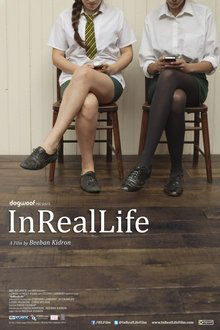
InRealLife (2013)
InRealLife takes us on a journey from the bedrooms of British teenagers to the world of Silicon Valley, to find out what exactly the internet is doing to our children.
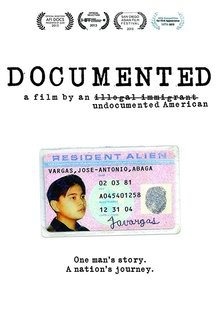
Documented (2013)
In 2011, Pulitzer Prize-winning journalist Jose Antonio Vargas outed himself as an undocumented immigrant in the New York Times Magazine. 'Documented' chronicles his journey to America from the Philippines as a child; his journey through America as an immigration reform activist/provocateur; and his journey inward as he re-connects with his mother, whom he hasn't seen in 20 years.

Doomed Beauty (2016)
Documentary film about Czech actress Lida Baarova, who fell in love with Joseph Goebbels in the 30s.

Chita Rivera: A Lot Of Livin' To Do (2015)
A retrospective of Chita Rivera's film, television and stage career, including interviews with Dick Van Dyke, Ben Vereen, Carol Lawrence and others. Originally aired as Episode 2 of Season 43 of the PBS series Great Performances.

Fractured Land (2016)
An indigenous lawyer represents the division among his people between traditional caring for the land and developing the resources it contains.

Elizabeth Taylor: The Lost Tapes (2024)
Newly discovered interviews with Elizabeth Taylor and unprecedented access to the star’s personal archive reveal the complex inner life and vulnerability of the groundbreaking icon.

The Drift Back (1957)
The first in a series of films for the Rural Cinema Scheme in the Orkneys, it records the return to the island of Wyre of Neil Flaws, a farmer, and his family at a time when the drift from the northern isles of the Orkneys was of concern to some Orcadians.

Princes Street Edinburgh (1955)
A short piece of film recording general views of Edinburgh's Princes Street in the 1950s.
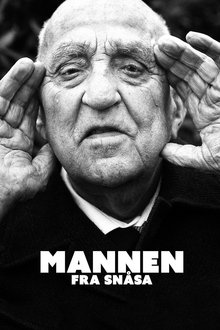
Doing Good (2016)
Margreth Olin has filmed 22 persons i their meeting with the well known voluntary healer Joralf Gjerstad. For 65 years more than 50.000 has gone to him to be healed from illnesses and ill-doings. He has never asked for a penny for this
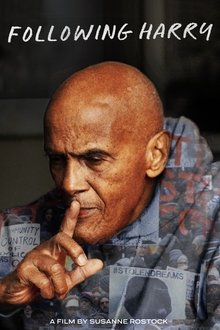
Following Harry (2024)
Featuring Harry Belafonte, Aja Monet, Aloe Blacc, and Jesse Williams, Following Harry explores the life and legacy of cultural and civil rights icon Harry Belafonte through the stories of those artists and activists carrying on his life’s work dedicated to social justice.

Baby, It's You (1998)
Six adult siblings and the vicissitudes of fertility, infertility, and the desire - met and unmet - for a baby. Focusing on one couple's attempt to become pregnant, and the inevitable highs and lows of a year of hope and disappointment.

Here Come the Videofreex (2015)
An idealistic collective launches a TV channel in the very early days of portable video cameras. This wonderful lesson in journalism makes it clear just how perilous it is to promote your own view of society via autonomous media. From the tumultuous period of Woodstock, the Black Panthers, women’s lib and anti-Vietnam demonstrations.
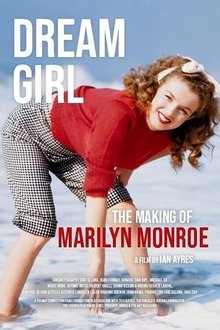
Dream Girl: The Making of Marilyn Monroe (2022)
How did Marilyn Monroe become one of the greatest sex symbols of all time? What drove a prudish little Californian girl, who was not especially pretty nor exceptionally talented, to become this incredibly striking platinum blonde superstar? How did she become the icon capable of balancing innocence with raw sensuality, whilst continuing to captivate the masses to this day? How did she achieve this? And what price did she pay?
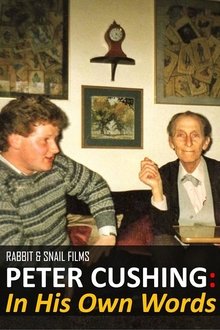
Peter Cushing: In His Own Words (2020)
A long thought lost radio interview with Peter Cushing is accompanied by comments from friends and colleagues.

We Need to Talk About A.I. (2020)
Conflict between man and machine has been a science fiction staple for over a century. From 2001: A Space Odyssey to The Terminator the perceived threat posed by super-intelligent robots has been exploited by Hollywood for decades. But do advances in Artificial Intelligence mean we are now facing a future in which that threat could become a reality?
